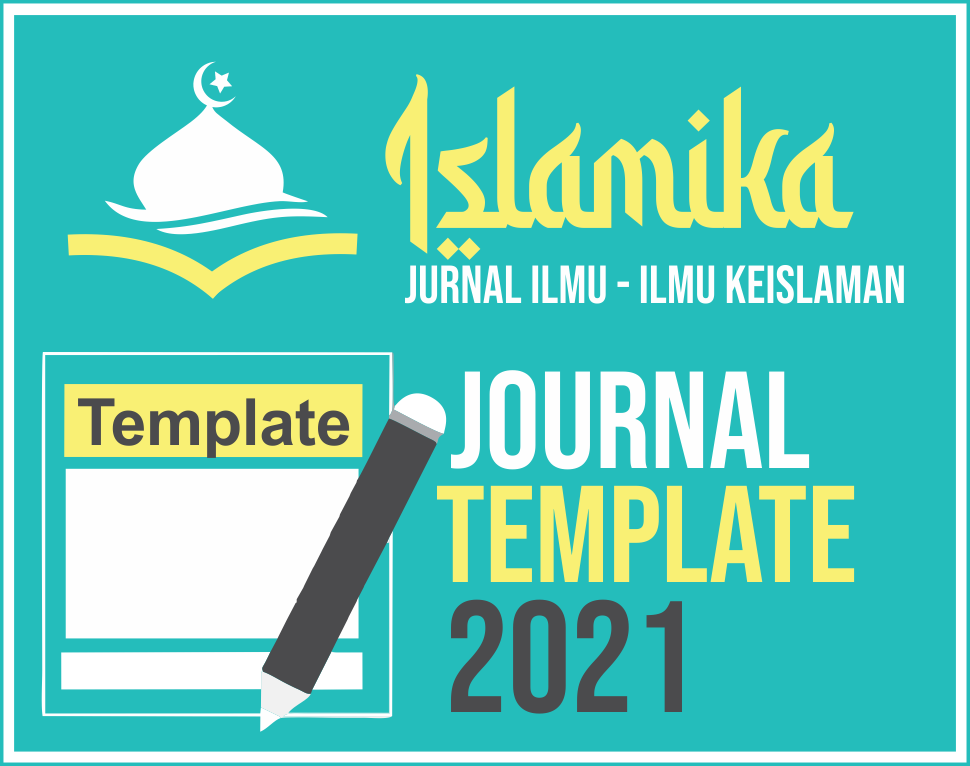PROMOTING ICT IN EDUCATION: THEORETICAL AND PRACTICAL ROLES TO ENHANCE A BETTER LEARNING
DOI:
https://doi.org/10.32939/islamika.v14i2.26Abstract
Teknologi informasi dan komunikasi memiliki manfaat dan kelemahan untuk siswa di kelas pengajaran bahasa Inggris. Peran teknologi informasi dan komunikasi tidak dapat lepas dari kelemahannya., karena setiap fungsinya tidak hanya dapat membantu, namun juga berbahaya untuk siswa jika mereka menggunakannya untuk hal-hal yang negatif. Untungnya penggunaan teknologi infomasi dan komunikas dalam kelas harus selalu dipromosikan guru Bahasa Inggrsis yang mengharapkan bahwa siswanya akan mendapatkan informasi lebih dan terbaru melalui peralatan seperti internet. Untuk meyakinkannya, guru akan menjadi model dalam menggunakannya. Mereka harus menyajikan cara belajar yang efektif dan modern dengan menggunakan peralatan yang canggih seperti internet, ponsel android,dan jenis lain dari peralatan wireless. Teori harus diikuti oleh praktek yang nyata yang dapat dengan mudah diraih oelh siswa. Lebih banyak praktek yang mereka lakukan, maka mereka akan menjadi lebih baik lagi. Faktanya telah banyak ahli menggunakan teknologi infomasi dan komunikasi dalam bidang pendidikan.
Information and Communication Technology (ICT) has both advantages and disadvantages for learners in an ELT classroom. The roles of ICT are not separated from their weaknesses, since each function of ICT tools is not only helpful , but also harmful for learners if they are utilized in a wrong way. Fortunately, the use of ICT in the classroom should always be promoted by English teachers who expect that their learners will obtain more and up-to-date information via the tools such as the internet. To convince, the teachers are the models of using the tools. They have to present effective and modern ways of learning by using advanced tools such as the internet, android mobile phone, and other types of wireless tools. Theories have to be followed by a real practice that can be easily achieved by the learners. The more practice they practice, the better they will be. The fact has been testified by many experts in the use of ICTs in education.
Downloads
References
environment. Melbourne: RMIT University Australia Press.
Livingstone, S. (1999) New media, new audiences? New Media & Society, 1(1), 59-66.
Margaret, L. (2005). Towards a definition of the integration of ICT in the classroom. New
South Wales: Parramatta.
Markovac, Vesna and Rogulja, Natasha. (2009). Key ICT Competences of Kindergarten
Teachers. 8th Special Focus Symposium on ICESKS.
McPake, Joanna et.al. (2005). Already at a disadvantage?: ICT in the home and children's
preparation for primary school. (Final Report). Stirling: Becta.
Newhouse (2002) The impact of ICT on learning and teaching Perth. Western Australia:
Western Australia University Press.
Oliver, R .(2010).The role of ICT in Higher Education for the 21st century. Perth: Western
Australia University.
Punie, Yves. 2007. Learning Spaces: an ICT-enabled model of future learning in the
Knowledge-based Society. European Journal of Education. Vol. 42, Issue 2, June
2007, pp. 185 - 199.
Reddi, UV. (2010). Roles of ICT in Education and Development. New Jerse, USA.
Shelly GB, Gunter AG, Gunter RE.(2010). Integrating Technology and Digital media in the
classroom. USA










